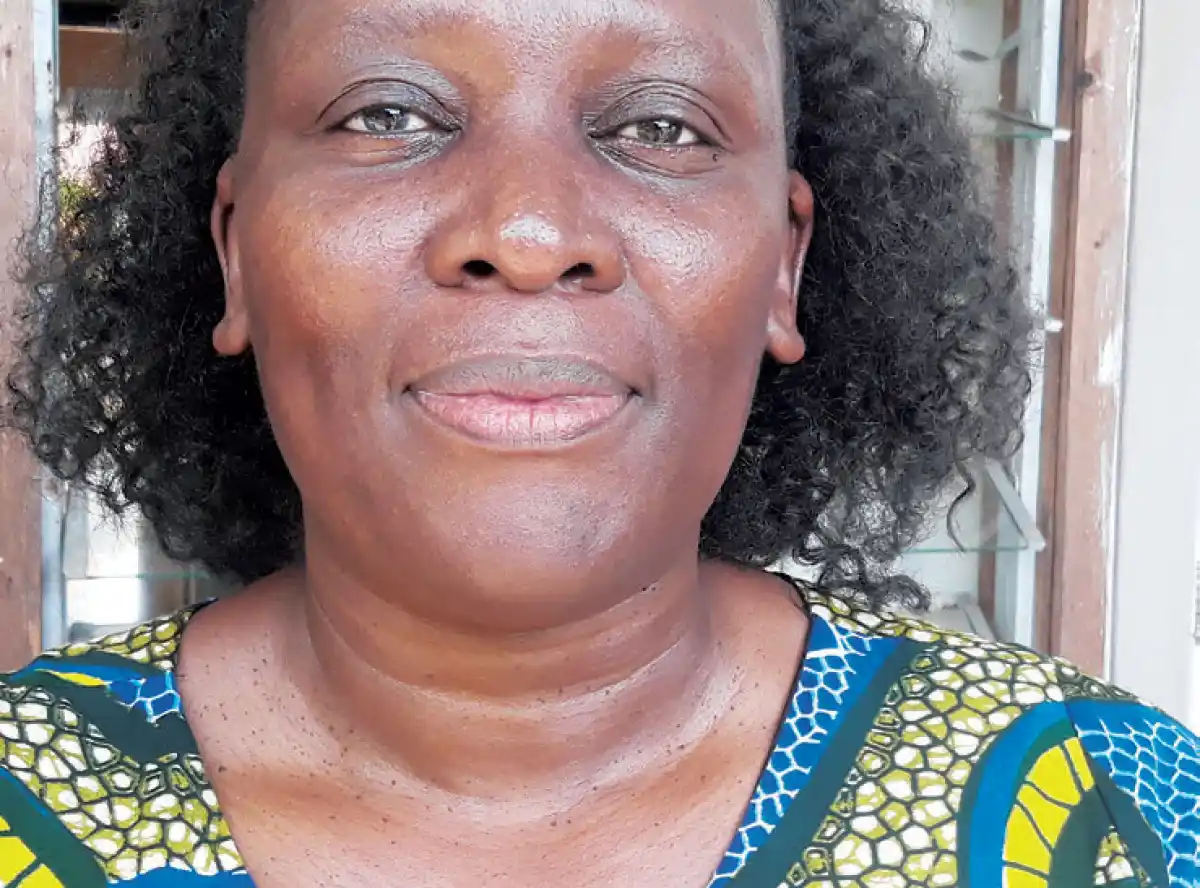
By Jarson Malowa, Brenda Kayo & Isaac Salima:
The Department of Disaster Management Affairs (Dodma) has said information gathered from councils indicates that the death toll from Cyclone Chido has risen to seven.
Dodma indicates, in a statement, that Kasungu, Machinga, Blantyre and Lilongwe recorded one death each.

Dodma Commissioner Charles Kalemba indicates that the death toll has risen from two.
“So far, 7,721 households (approximately 34,741 people) have been affected. The death toll has risen from two (as reported in our previous update dated 16th December 2024) to seven; with Salima registering three deaths whereas Kasungu, Machinga, Blantyre and Lilongwe Districts have each recorded one death.
“The department has, so far, recorded 16 injuries,” Kalemba says.
He says the department, in collaboration with councils humanitarian partners, is facilitating the provision of relief assistance to affected households.
“In addition, following the declaration by the Department of Climate Change and Meteorological Services that moderate Tropical Storm Chido exited the country and posed no further threat, Dodma has, with immediate effect, decommissioned all search and rescue (SAR) operations; having earlier deployed SAR teams to areas at risk,” he says.
The department then lauds humanitarian partners, non-governmental organisations, councils, government departments, ministries and agencies, the media and the general public for their vigilance and support towards preparatory and anticipatory actions when the cyclone loomed.

ONSLAUGHT—A tree along Thundu Road in Zomba
Dodma indicates that Balaka, Blantyre District, Blantyre City, Chikwawa, Chiradzulu, Kasungu, Lilongwe City, Lilongwe District, Machinga, Mangochi, Mchinji, Mulanje, Mwanza, Neno, Ntcheu, Phalombe, Salima, Thyolo, Zomba City and Zomba District councils experienced mild to severe damage.
In another development, Dodma has disclosed that the number of households affected in various ways since the onset of rains has increased to more than 11000.
Dodma spokesperson Chipiliro Khamula told The Daily Times that causative factors were mainly natural phenomena.
“The department has recorded more than 11,000 cases of disasters, out of which some have been caused by lightning strikes while others are a result of collapsing walls and roofs.
“The department has also recorded injuries, with the majority caused by lightning and damaged walls and roofs,” Khamula said.
He said all affected households were being supported with essential food and non-food items.
The country is yet to recover from the effects on Tropical Cyclone Freddy, which made landfall on March 11 last year, destroying crops and other property and killing people, bodies of some of whom are yet to be traced.
In the 2022-23 rainy season, the country experienced prolonged dry spells which affected 5.7 million people.
Such people have been receiving bags of maize from Dodma.
Meanwhile, the Department of Climate Change and Meteorological Services has assured farmers that the country will start receiving normal rainfall next week.
Many parts of the country have been receiving sporadic rainfall despite that the country is in the rainy season.
Department director Lucy Mtilatila said people should not despair as the situation will improve in a few days to come.
“Next week, we are expecting rains that will be covering a wider area. We are also expecting that the rainfall will normalise.
“Although we are in the rainfall season, the real rain-bearing system that we rely upon is not well established. So, we are hopeful that it will be established towards the end of this month,” Mtilatila said.
She was quick to say rains have been spreading across the country, albeit being sporadic.
“I do not have it in our records where there has been an area which has been completely dry,” she said.
The country’s rainy season spans between October and April.
Meanwhile, agriculture policy expert Leonard Chimwaza has urged farmers to plant early-maturing crops.
He said this is because, in some parts of the country, some crops have started withering due to the situation.






0 Comments